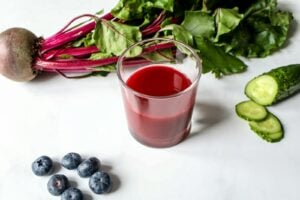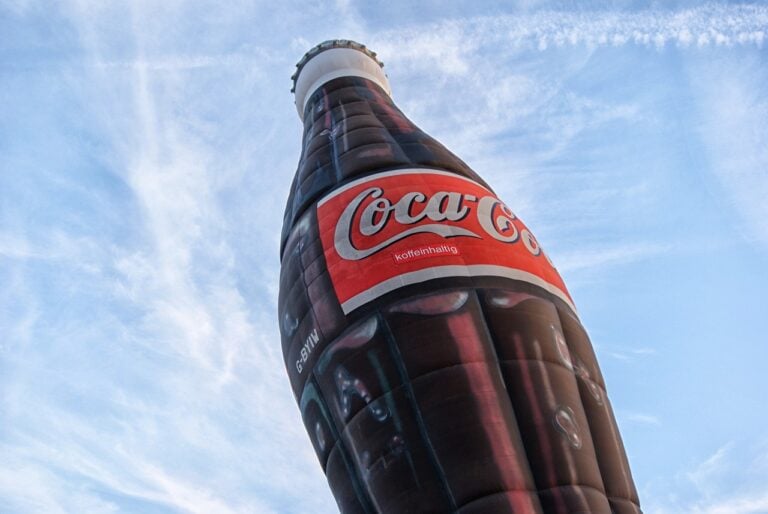DIET NEWS: Researchers find that certain people who produce equol — a substance created by gut bacteria after soy products are digested — display lower risk factors for dementia. Find out more.
A metabolite produced following consumption of dietary soy may decrease a key risk factor for dementia with the help of the right bacteria, according to the discovery led by researchers at the University of Pittsburgh Graduate School of Public Health.
Their study, published in the October 22, 2020 issue of Alzheimer’s & Dementia: Translational Research & Clinical Interventions, reports that elderly Japanese men and women who produce equol — a metabolite of dietary soy created by certain types of gut bacteria — display lower levels of white matter lesions within the brain.
“White matter lesions are significant risk factors for cognitive decline, dementia and all-cause mortality,” said lead author Akira Sekikawa, M.D., Ph.D., associate professor of epidemiology at Pitt Public Health.
“We found 50 percent more white matter lesions in people who cannot produce equol compared to people who can produce it, which is a surprisingly huge effect.”
Method
To obtain this result, Sekikawa’s research team measured equol levels within the blood of 91 elderly Japanese participants with normal cognition. Participants were sorted by their equol production status, and then six to nine years later underwent brain imaging to detect levels of white matter lesions and deposits of amyloid-beta, which is the suspected molecular cause of Alzheimer’s disease.
The researchers found that while equol production did not appear to impact levels of amyloid-beta deposited within the brain, it was associated with reduced white matter lesion volumes.
Sekikawa’s team also discovered that high levels of isoflavones — soy nutrients that are metabolized into equol — had no effect on levels of white matter lesions or amyloid-beta when equol wasn’t produced.
Equol production may guard aging hearts
According to Sekikawa, the ability to produce equol from soy isoflavones may be the key to unlocking protective health benefits from a soy-rich diet, and his team has previously shown that equol production is associated with a lower risk of heart disease.
As heart disease is strongly associated with cognitive decline and dementia, equol production could help protect the aging brain as well as the heart.
Epidemiological studies in Japan, where soy is regularly consumed, have shown that dietary intake of soy isoflavones has been linked to a lower risk for heart disease and dementia. However, most clinical trials in America have failed to show this.
Sekikawa believes that this discrepancy may be due to the microbiome — 40-70 percent of Japanese harbor gut bacteria that can convert dietary isoflavones into equol compared to only 20-30 percent of Americans.
Don’t try this at home – yet!
Sekikawa said that equol supplements could one day be combined with existing diet-based prevention strategies that appear to lower the risk of dementia, particularly the Dietary Approaches to Stop Hypertension (DASH) and Mediterranean diets.
Though Sekikawa hopes to evaluate the neuroprotective effects of equol supplements in a future randomized clinical trial, in the meantime, he urges caution to anyone who might be tempted to purchase equol supplements to stave off dementia.
“This type of study always catches people’s attention, but we cannot prove that equol protects against dementia until we get a randomized clinical trial with sufficient evidence,” he said.
- Additional authors on this research include Aya Higashiyama, M.D., Ph.D., Masafumi Ihara, M.D., Ph.D., Makoto Watanabe, M.D., Ph.D., Chikage Kakuta, M.A., Yoshihioro Kokubo, M.D., Ph.D., and Yoshihiro Miyamoto, M.D., Ph.D., all of the National Cerebral and Cardiovascular Center in Japan; and Brian J Lopresti, M.S., Howard Aizenstein, M.D., Ph.D., Yuefang Chang, Ph.D., Zheming Yu, M.D., M.P.H., Chester Mathis, Ph.D., William Klunk, M.D., Ph.D., Oscar L. Lopez, M.D., Lewis H. Kuller, M.D., Dr.P.H., and Chendi Cui, Ph.D., all of Pitt.
- This research was supported by the National Institutes of Health/National Institute on Aging grant RF1 AG051615.
SOURCE:
REFERENCE:
- Akira Sekikawa et al. Associations of equol‐producing status with white matter lesion and amyloid‐β deposition in cognitively normal elderly Japanese. Alzheimer’s & Dementia: Translational Research & Clinical Interventions, 2020 DOI: 10.1002/trc2.12089











